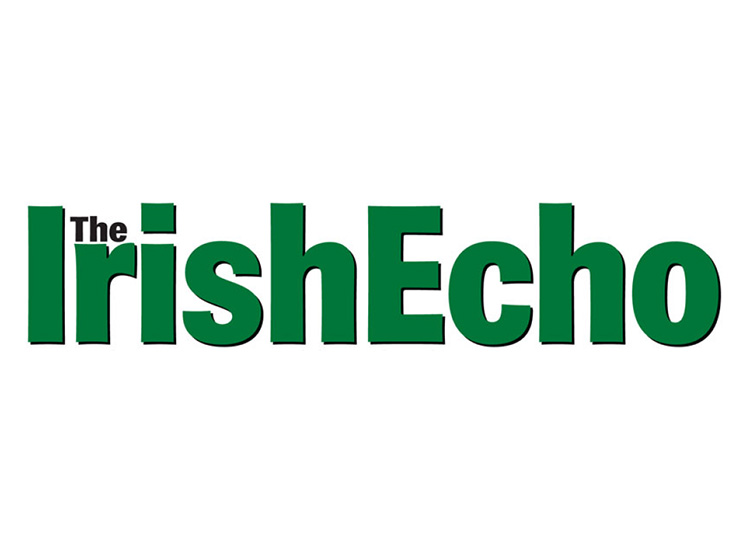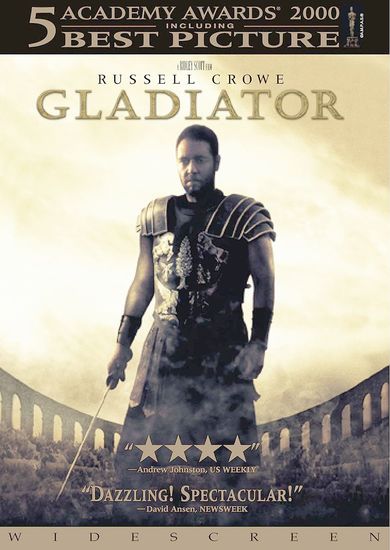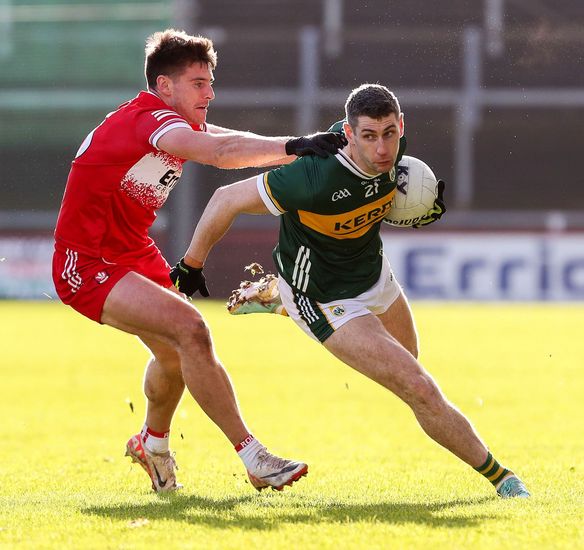[caption id="attachment_67806" align="aligncenter" width="600" caption="Stinging Fly contributing editor Emily Firetog and founder/editor Declan Meade pictured last month at a New York reading."]
A quote from Plato's "The Last Days of Socrates" provided the name for one of Ireland's most prominent literary magazines: "...God has specially appointed me to this city, so as though it were a large thoroughbred horse which because of its great size is inclined to be lazy and needs the stimulation of some stinging fly..."
As reported in the Echo ahead of time, founder/editor Declan Meade got the opportunity rto take the Stinging Fly, now in its 15th year, from its native Dublin to another city, New York, for week a recently.
In a reference to an influential forerunner of the 1940s and '50s, the Irish Times has said the magazine, which is supported by the Irish Arts Council and Dublin City Council, is "as inundated with exciting writing as the Bell was in O'Faolain day." The special issue that was produced to mark the New York trip is certainly testament to that, with 31 contributions -- from 15 women and 16 men -- grouped under the headings "Essays," "New Fiction" and "New Poems."
"What can a literary magazine from Dublin possibly have to say about New York?" asks Meade in the editorial. Well, quite a lot apparently. The city features prominently, for instance, in fine essays by Mary Costello (about family members who made the journey from east Galway in the post-war era), Evelyn Conlon (on Grace Paley) and Mary Morrisey (on Maeve Brennan).
The Big Apple is not mentioned in the extract from Emer Martin's upcoming fourth novel, "The Affection of a Hag," but she did read it to an appreciative audience at Columbia University during the Stinging Fly tour.
For her part, Emily Firetog, a contributing editor and Columbia graduate student, has written an insightful backward glance at Dublin, where she lived for a few years.
For more information go to www.stingingfly.org.
O'Brien's Joyce
"For me it will always be the first city in the world," James Joyce said of Ireland's capital. However, he didn't visit Dublin at any point in the last 28 years of his life, as Edna O'Brien recalls in her 1999 biography, which is being reissued in paperback by Penguin ($14). Here's a taste from Page 58: "The riot at the Abbey Theatre over Synge's 'Playboy of the Western World' excited him though he had no sympathy with Synge. In the play Christy Mahon, the winsome wooer, had spoken of 'a dream of women standing in their shifts,' which the nationalist and religious motley deemed an insult to Irish womanhood. For Joyce, it merely demonstrated the paucity of Synge's imagination. From this distant vantage point [Rome], Joyce sided with the mob who had orchestrated the riots in the theater each night because Synge had been accepted in the fold of Yeats's literary clique and Joyce had not."
Honor at home
The County Down-born, Brooklyn-based artist Rodney Dickson has appeared a few times in this newspaper over the years. Finally, the Newtownards Chronicle has followed the Echo's lead. It revealed in a profile that the artist was recently named as a recipient of the Pollock-Krasner Foundation award of $20,000.
The piece described his work as "evoking a profound sense of loss, sadness and anger at the transitory nature of human existence and for the innocents whose lives are brutalized by the military/industrial complex."
Winners, lots of them, and money feature in the other two stories on the same page. One details all of the results from the Raffery Presbyterian Church's Flower Show and Sale, while the other is headed: "Mencap volunteers on track for New York Marathon."
As is often the case - and it was here - one of the best things about being written up in a local-boy-makes-good story is your mum gets mentioned by name. The probably wouldn't happen in the New York Times or Art in America.











